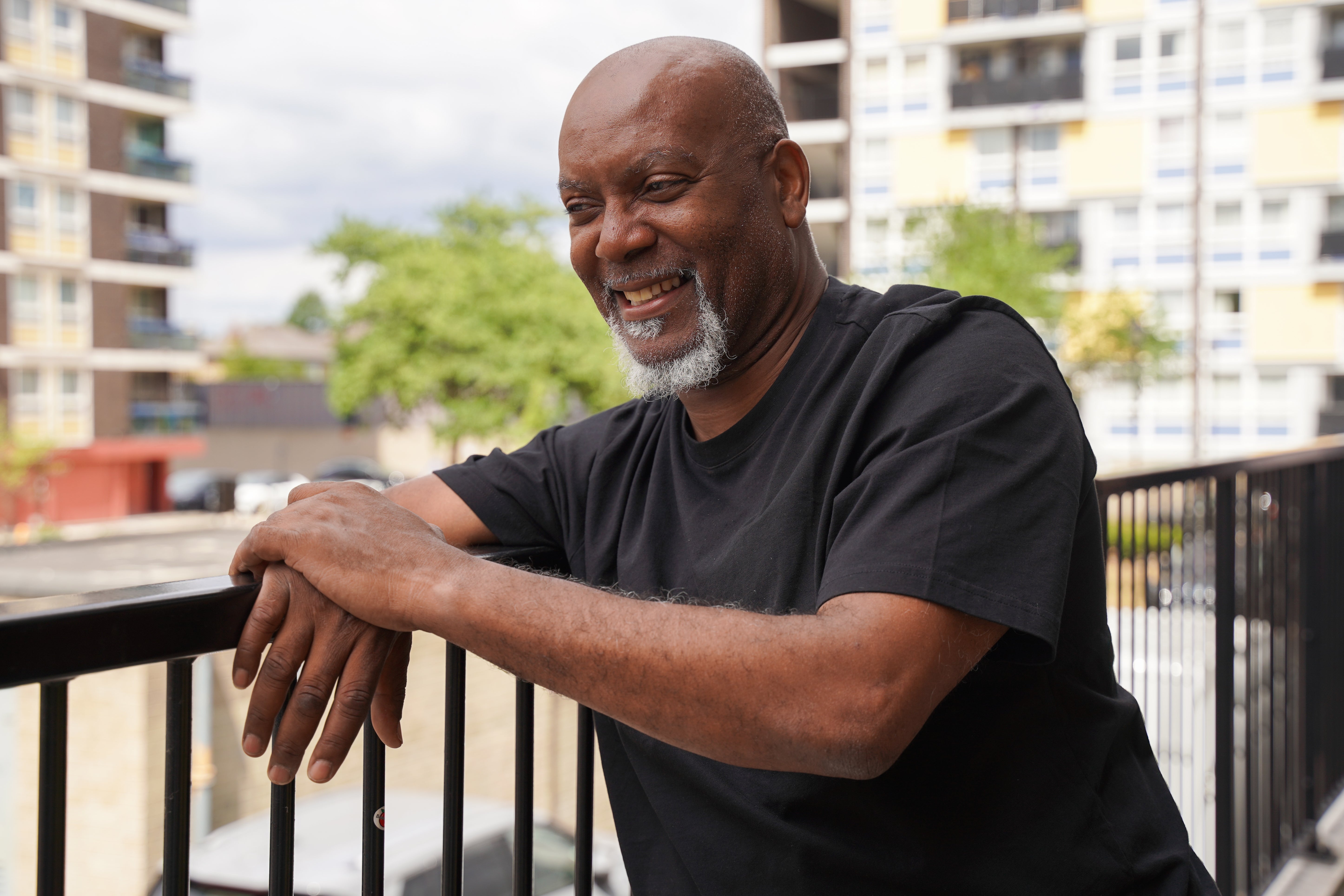Up to 5,000 men every year could be facing unnecessary overtreatment for prostate cancer due to ‘outdated’ guidelines, a charity has warned.
Overtreatment of the disease can lead to side effects such as erectile dysfunction or incontinence, according to Prostate Cancer UK.
Patients whose cancer is unlikely to progress may only need close monitoring. But experts say out-of-date guidance from the National Institute of Health and Care Excellence (Nice) has created a “wild west” of what is implemented in the NHS.
The warning comes as the government is currently awaiting advice on a national screening programme for prostate cancer, which was launched following Sir Chris Hoy’s call for more men to be screened after he revealed in February 2024 that he had been diagnosed with stage four prostate cancer.

Around one in four men diagnosed with prostate cancer will have a cancer that is so slow-growing it is unlikely to ever cause them harm.
NICE guidance currently only advises active surveillance as the preferred approach for men who have the lowest-risk cancer. But these guidelines have not been updated since 2021, and the Prostate Cancer UK argues they do not take into account advances in testing and diagnosis.
Professor Vincent Gnanapragasam, professor of urology at the University of Cambridge, said: “Active surveillance is the best treatment option for men whose cancer is unlikely to progress or cause them problems in their lifetime.
“But NICE’s outdated guidelines have created a deeply concerning wild west on how surveillance is implemented by different health care teams. This inconsistency is resulting in a lack of confidence from patients in surveillance, who may instead opt to have treatment they may not have ever needed, risking harmful side effects.”

According to the charity, overtreatment rates in England range from 2 to 24 per cent, and it warns that this results in a “postcode lottery” in which some men receive treatment unnecessarily while others receive monitoring as they should. It also found 35 hospitals have created their own guidelines on what to do.
Michael Lewis, 63, was diagnosed with prostate cancer in 2020. The nurse, from Dudley, said: “My doctors told me my cancer was ‘low-risk’ and not likely to spread quickly, so I was put on active surveillance until 2024, when my PSA level started to rise again, so I had surgery to remove my prostate.
“Being on active surveillance meant I didn’t have to have treatment until I needed to. I was able to continue my everyday life with no side effects. I’m glad I was able to get treatment when I needed it, but having the time without it was so valuable.”
Amy Rylance, assistant director of health improvement at Prostate Cancer UK, said: “Thanks to advances in research, we can now tell which prostate cancers require immediate treatment, and which men would be better off being monitored with blood tests and scans – enabling them to delay treatment or even avoid treatment altogether.”
She said the treatments for prostate cancer, such as radiotherapy or surgery, can lead to “life-changing side effects, like incontinence or erectile dysfunction, which can have a huge mental and physical impact on men”.
“NICE’s outdated guidance is increasing the likelihood of men experiencing these life-changing side effects,” she added. “It is causing confusion and inconsistency between hospitals in how active surveillance is implemented across England, leading to a postcode lottery of overtreatment.”
The charity is now repeating its call for Nice to update its guidance on active surveillance, claiming this could help up to 5,000 men a year avoid overtreatment.
The UK’s National Screening Committee is currently assessing whether a national screening programme for prostate cancer should be rolled out.
A NICE spokesperson said: “We are committed to ensuring our guidelines continue to reflect the best available evidence and give patients the best possible outcomes. They are developed by an independent committee, including NHS clinical experts, and are kept under review to ensure they remain current.
“We are updating our prostate cancer guideline, including a review of the recommendations around active surveillance, and will be assessing whether our suspected cancer guideline recommendations around age-related thresholds for PSA tests for prostate cancer for onwards referral from primary care require updating.”
Source link

